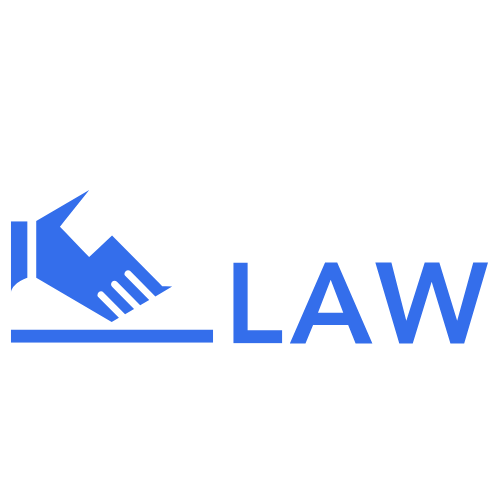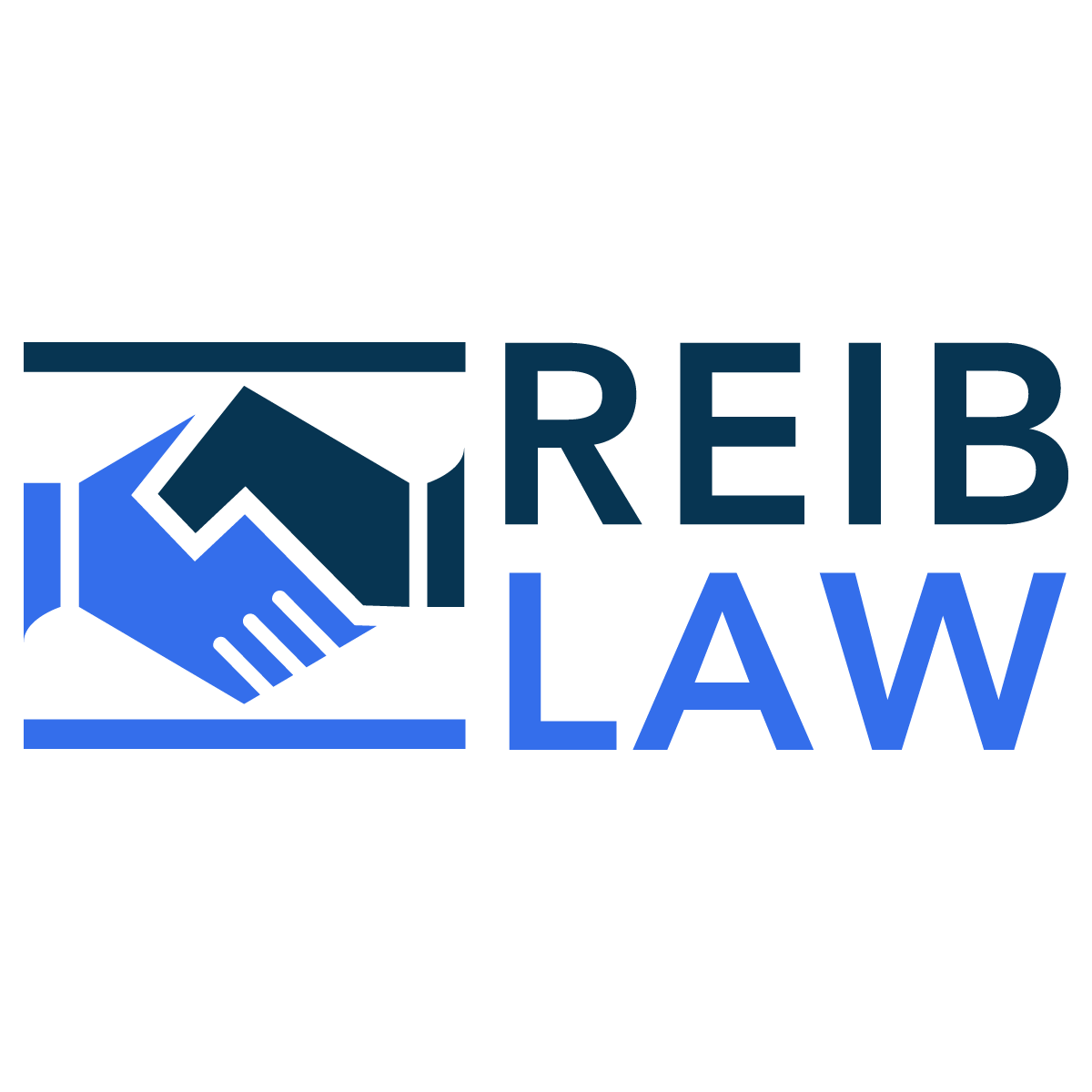Legal Implications of AI in Business: Navigating the New Frontier
Artificial Intelligence (AI) is revolutionizing the business world, offering unprecedented opportunities for innovation and efficiency. However, the integration of AI into business practices also introduces a complex array of legal implications. From intellectual property rights to liability issues, understanding the legal landscape of AI is crucial for businesses looking to leverage this powerful technology. This article explores the key legal considerations associated with AI in business and provides guidance on navigating these challenges.
Intellectual Property and AI
Who Owns AI-Created Works?
One of the most pressing legal questions in the realm of AI is the ownership of intellectual property created by AI systems. As AI algorithms create designs, write texts, or develop software, determining who holds the intellectual property rights – the AI developer, the user, or the AI itself – becomes a complex issue. Businesses must ensure that their use of AI in creative processes aligns with current intellectual property laws and consider appropriate agreements to protect their interests.
Patenting AI Technologies
Another aspect is the patentability of AI technologies. Businesses developing AI solutions must navigate the intricate process of patenting AI systems, which involves demonstrating that their inventions are novel, non-obvious, and have practical applicability.
Liability Issues in AI
Understanding AI Responsibility
As AI systems increasingly make decisions that affect customers and other businesses, questions of liability arise. If an AI system makes a faulty decision, who is responsible? Businesses must consider how liability is allocated between the AI developers, users, and possibly the AI system itself. This requires a thorough understanding of product liability laws and may involve drafting new types of liability clauses in contracts.
Mitigating Risks
To mitigate these risks, businesses should implement robust testing and monitoring of AI systems, ensure compliance with industry standards, and maintain transparent communication with stakeholders about the AI's role and limitations.
AI and Privacy Laws
Compliance with Data Protection Regulations
AI systems often process vast amounts of personal data, raising significant privacy concerns. Businesses must ensure that their use of AI complies with data protection laws like GDPR or CCPA. This includes obtaining proper consent for data collection, ensuring data security, and being transparent about how AI uses the data.
Ethical Considerations
Beyond legal compliance, businesses should also consider the ethical implications of AI, particularly regarding privacy and bias. Developing ethical guidelines for AI use can help businesses build trust and maintain a positive reputation.
Conclusion
The integration of AI into business practices offers exciting opportunities but also requires careful legal consideration. By understanding and addressing the intellectual property, liability, and privacy issues associated with AI, businesses can harness the power of AI while minimizing legal risks.
Ready to Embrace AI in Your Business? Let's Talk Legal Strategy
AtReib Law, we specialize in guiding businesses through the legal intricacies of AI integration. Contact us today to ensure your AI strategies are legally sound and aligned with your business objectives.


